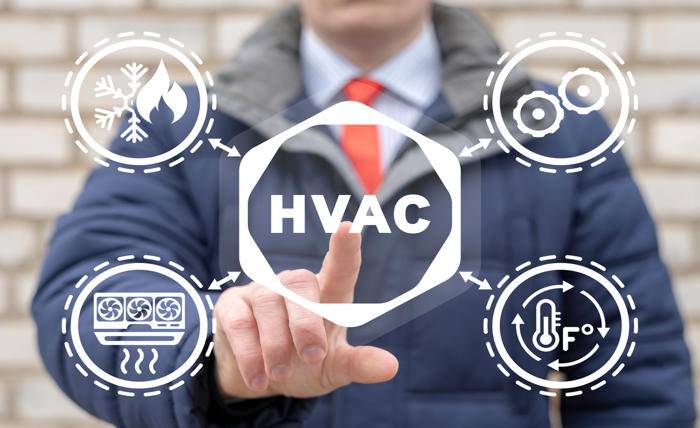It’s not always a long journey to become a skilled HVAC technician. Smart training choices boost career growth. Unlike long apprenticeships, certification programs teach key knowledge in months.
Success in modern HVAC relies on quick learners with practical skills. Technicians with years of experience are compensated handsomely with substantial paychecks. They ensure homes are comfortable and businesses stay open. The key lies in choosing the right educational path and wholeheartedly embracing the learning journey.
Building Your Foundation Fast
Accelerated programs pack serious learning into short timeframes. Students delve into electrical theory each morning, then spend their afternoons wiring control panels. On Mondays, they learn about refrigeration cycles, and by Fridays, they’re fixing actual systems. This intensity serves a purpose. This reflects the actual workplace, where technicians manage numerous service requests each day. The rapid nature of training builds the mental flexibility essential for success in field work. Students learn to think on their feet, assess issues rapidly, and apply fixes effectively.
The ideal programs are both fast and easy to understand. They use modern teaching methods that stick. Videos show complex procedures with vivid detail. Simulations offer a safe space for students to practice, removing the risk of breaking costly equipment. Repeated practice makes critical skills automatic.
Mastering Technical Skills Through Practice
Although theory holds its place, the true test of knowledge comes through hands-on experience. Students need to experience the shuddering vibrations of a failing compressor. They must be able to identify the hissing sound of refrigerant leaks. Textbooks alone cannot provide these sensory experiences.
Quality HVAC certification courses dedicate substantial time to practical exercises. Students work on thermostats, swap out capacitors, and clean coils. They collaborate in groups, simulating the environment of an actual workplace. Errors occur in structured settings when teachers offer prompt corrections. According to the people at ProTrain, progressive skill-building defines effective training. Basic tasks come first. Students master using hand tools before touching power equipment. They understand refrigerant safety. As skills are developed, they build on each other, resulting in proficient technicians prepared for practical work.
Certifications That Open Doors
Certifications vary in industry value. Refrigerant handling requires EPA Section 608 certification. NATE certification proves skill in areas like HVAC. Intelligent students plan their certifications. They start with essential credentials, then add specialized ones based on local market demands. Some regions need more commercial refrigeration experts. Others lack residential heat pump specialists. Understanding local needs guides certification choices.
Timing matters too. Some students first earn basic certifications, then after getting entry-level jobs, they pursue advanced credentials while gaining work experience. Others finish extensive programs before they begin their careers. Each option is viable, based on personal factors and financial conditions.
Transitioning from Learning to Earning
The jump from the classroom to job site challenges many new technicians. Real customers ask unexpected questions. Actual equipment breaks in ways textbooks never mentioned. Weather conditions complicate installations. Successful graduates embrace these challenges as continued learning opportunities. They ask experienced technicians questions. They review manuals when they have free time. Each service call helps them learn more.
Networking significantly boosts career growth. Fellow students become professional contacts. Instructors often know hiring managers. Alumni share job openings and advice. These connections matter as much as technical skills for career advancement.
Conclusion
The path to expertise is now accelerated. Modern training quickly teaches what used to take years. Success is achieved through effective programs, dedicated learning, and persistent application. Skilled technicians are in demand within the HVAC sector. People who complete fast-track training frequently secure excellent jobs, earn well, and build fulfilling careers. The fast track is available to individuals who are willing to utilize it.

